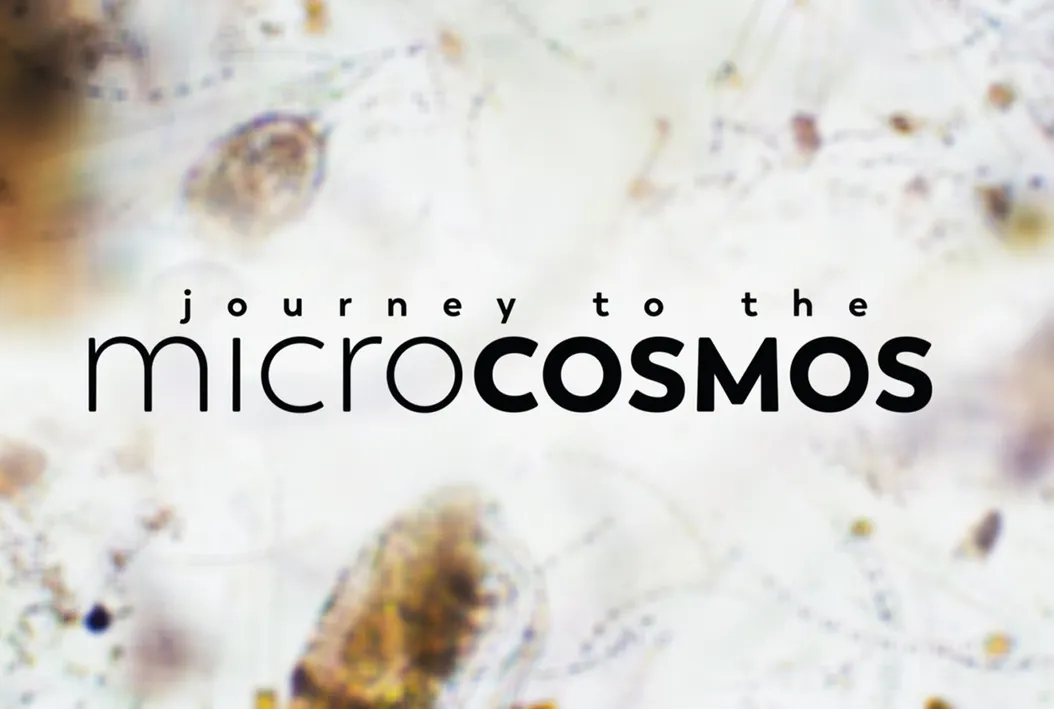I haven't talked about books much in the past year, which feels weird. But the truth is that pregnancy pretty much smashed my reading brain to mush, making some of my favorite authors feel like the literary equivalent of unsalted mashed potatoes. The postpartum period hasn't necessarily been the right time to fix that, but I've been trying to slowly sculpt some of that mush back into a shape of some kind.
To that end, one of my "I'm up at 4 am because the baby prefers to sleep on humans" impulse purchases was a Boox Palma, an e-reader that's really more like if your android phone were an e-ink device and couldn't actually make any calls. I bought it for two main reasons. The first is that I can use it with one hand, making it a decent substitute for my phone as a way to stay occupied while nursing. The second is that since it's an android device, I can install other apps on it too. That's been great for catching up on both the news and the backlog of articles that I've saved in 50 different read-it-later services over the past few years.
I don't have a strong opinion about the Palma yet, but it does make me wish there was some kind of Apple e-ink device. Having something less glare-y and consuming has been nice, and it's making all those fancy e-ink notebooks a lot more appealing. The Kindle is just so locked in to Amazon, and the iPad is great except it often feels just like my phone but bigger.
For now though, I do appreciate that the Palma is helping me get back into some kind of reading. So in honor of that, here are some of my latest reads:
Get Me Lisa Heller!
This article is about Risa Heller, a crisis PR person who has worked for a number of figures caught up in scandals (like Anthony Weiner). The article explores how she came to do the kind of work she does and how she approaches it, which you can imagine is fraught. It's a fascinating look at the kind of personality and career trajectory that ends up working for notorious figures, as well as one person's choices navigating the boundaries of that work.
The Moral Rot of the MIT Media Lab
This is an older article that I've had saved for a while. And from the title alone, I think you can get a bit of sense for where it's going: there's MIT, there's the famed Media Lab, and there's the moral rot of it all. The author Justin Peter's experience with the Media Lab goes back to 2007 when he were writing a master's thesis about one of the research groups. But by the time he wrote this article in 2019, he had become disillusioned. This article in particular is centered around how the Media Lab is funded, which has included donations from Jeffrey Epstein. While this article is focused on the Media Lab, I think it's important to consider in the broader context of how science is funded and what it takes to build institutions like the Media Lab--and how the way they're built affects what they're able to contribute to society at large.
An ethical way forward for Indigenous microbiome research
Confession: I have a huge bias towards this article because it was written by Sam Jones, my co-host for Sam Jones. But even in an alternate universe where I (tragically) didn't know Sam, I'd recommend this article to anyone who is interested in thinking through the ethical quandaries surrounding how we do research. The piece explores this from multiple dimensions, from how scientists approach communities in ways that contradict their own best intentions to the questions surrounding larger scale projects (and how they're shaped by past landmark studies). I highly recommend reading this piece in a web browser that allows you to take advantage of the other multimedia elements.


